Location/Region: Santiago, CHL
Industry: Seafood trade
Apps implemented: Manufacturing, Purchase, Inventory, CRM, and Employee
Software
Replaced: Excel and Facturacion.cl
Company size: 50
Hosting type: Odoo online
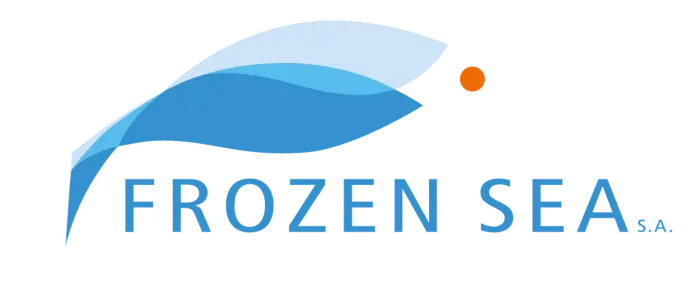
When a family business with more than 15 years of experience in seafood exports decides to modernize, the result can transform not only its operations but also the way it manages growth. That is the case of Frozen Sea, founded in Chile in 2006 by Patricio Abumohor, which found in Odoo the right platform to integrate processes, increase efficiency, and prepare the ground for the company’s expansion.
Frozen Sea was born in 2006 as the result of its founder’s experience in international trade. After working in the textile sector in Ecuador and then returning to Chile, Patricio Abumohor entered the fishing business thanks to the influence of relatives who were already in the industry. At first, he exported fish to Europe in partnership with other family members, and later decided to strike out on his own.
Over time, he consolidated Frozen Sea as a company specialized in seafood exports, with operations that combine purchasing, sales, and processing in its own plants located in Ancud and San Antonio. Among its main products are jumbo squid (jibia), highly demanded in Asia and Europe, and frozen sea urchin packaged in 100 g trays, mainly destined for the Japanese market for sushi and supermarkets.
“This company was born in 2006, and we are dedicated to exporting seafood products. The main products we sell are jibia and frozen sea urchin, with Japan being our biggest market for the latter.”
Before Odoo: The Challenges of Managing with Fragmented Systems
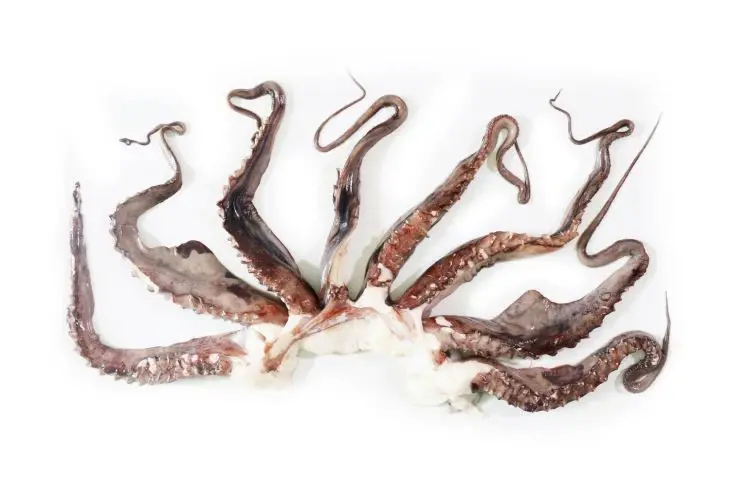
In its early years, Frozen Sea managed operations with Excel and outsourced accounting. This setup, while common in family businesses, limited business visibility and slowed down decision-making.
Patricio recalls that before Odoo, they had tried Facturación.cl, a basic electronic invoicing system mandatory in Chile. However, this tool did not provide the comprehensive view the company needed for purchasing, sales, payments, and overall management processes. They also explored other local ERPs, but the experience was negative: “What was available in Chile I found very archaic, and in another company I had a very bad experience,” he says.
"We handled accounting completely separately and managed everything with Excel spreadsheets. Before that, we had used Facturacion.cl, but that was only for invoicing and didn’t have the global reach we were looking for."
Odoo Changed the Game for Frozen Sea
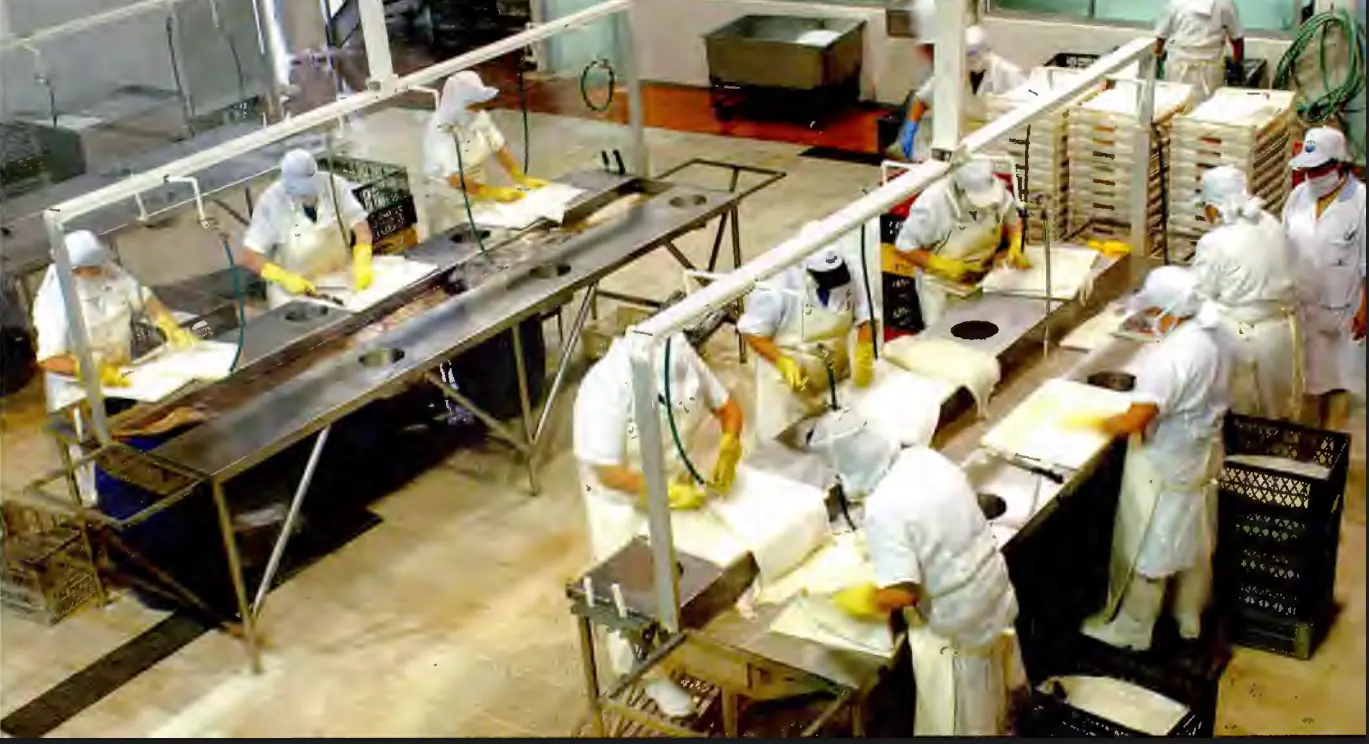
The path to Odoo began thanks to the recommendation of Patricio’s youngest son, Maximiliano, who researched and discovered the platform. Although the implementation of electronic invoicing was not easy at first, they were ultimately able to move forward with the support of a local partner.
Once that phase was overcome, Frozen Sea began to discover the advantages of having an ERP that integrates different management areas:
Greater confidence in operations: At first, the company worked in parallel with Excel and Odoo. Over time, they moved away from old systems:
"Each time we move further toward leaving behind what we had before and working more with the system."
Stronger financial management: Frozen Sea works with five banks and around ten current accounts in dollars, pesos, and euros. Odoo has allowed them to centralize and organize this complexity, although they still plan to fully integrate their accounts.
Production control and new businesses: With the construction of a new plant in southern Chile, the company plans to use Odoo to manage not only exports but also manufacturing processes. In addition, they are considering including another company that imports products from Europe and distributes them in Santiago, supplying hotels and high-end catering.
Delegation and operational efficiency: Odoo has allowed each area to gain greater autonomy. The plan is for different people to manage their own sections in the system, leaving behind dependence on other tools and increasing the business’s professionalism.
Scalability for the future: Patricio acknowledges there is still a way to go, but he already sees the potential: “The more you use it, the more you realize how useful it is.” With apps like Manufacturing, Purchase, Inventory, CRM, and Employee, the company is preparing to fully integrate its operations.
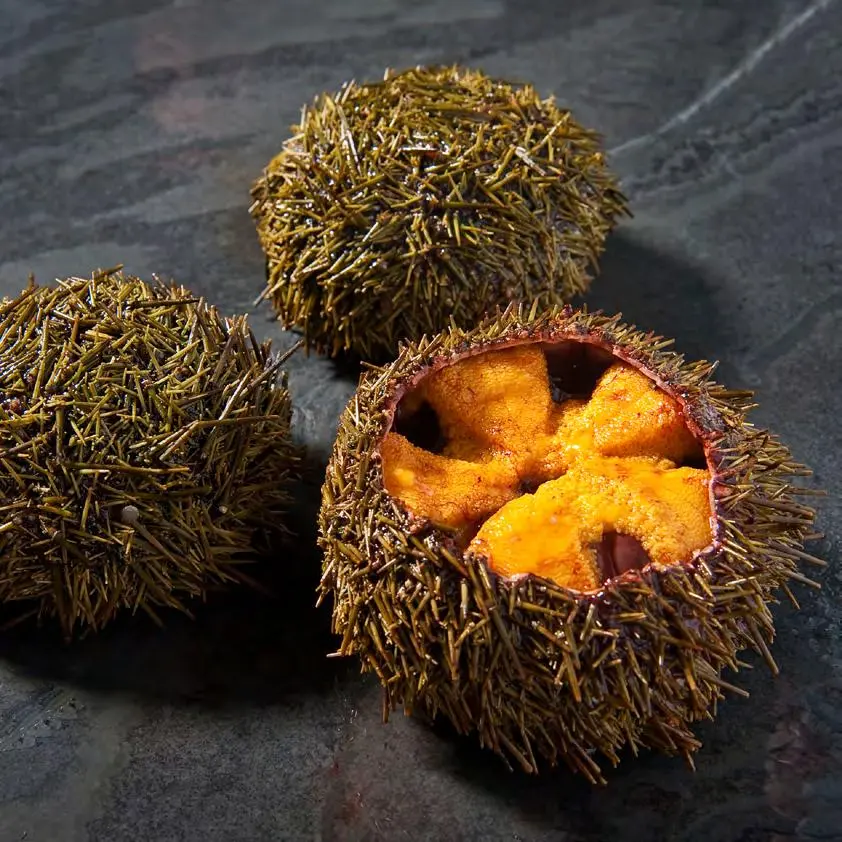
"Honestly, I like the system more and more because I have all the information I want. What’s next is to integrate absolutely everything into Odoo."
The future of Frozen Sea with Odoo
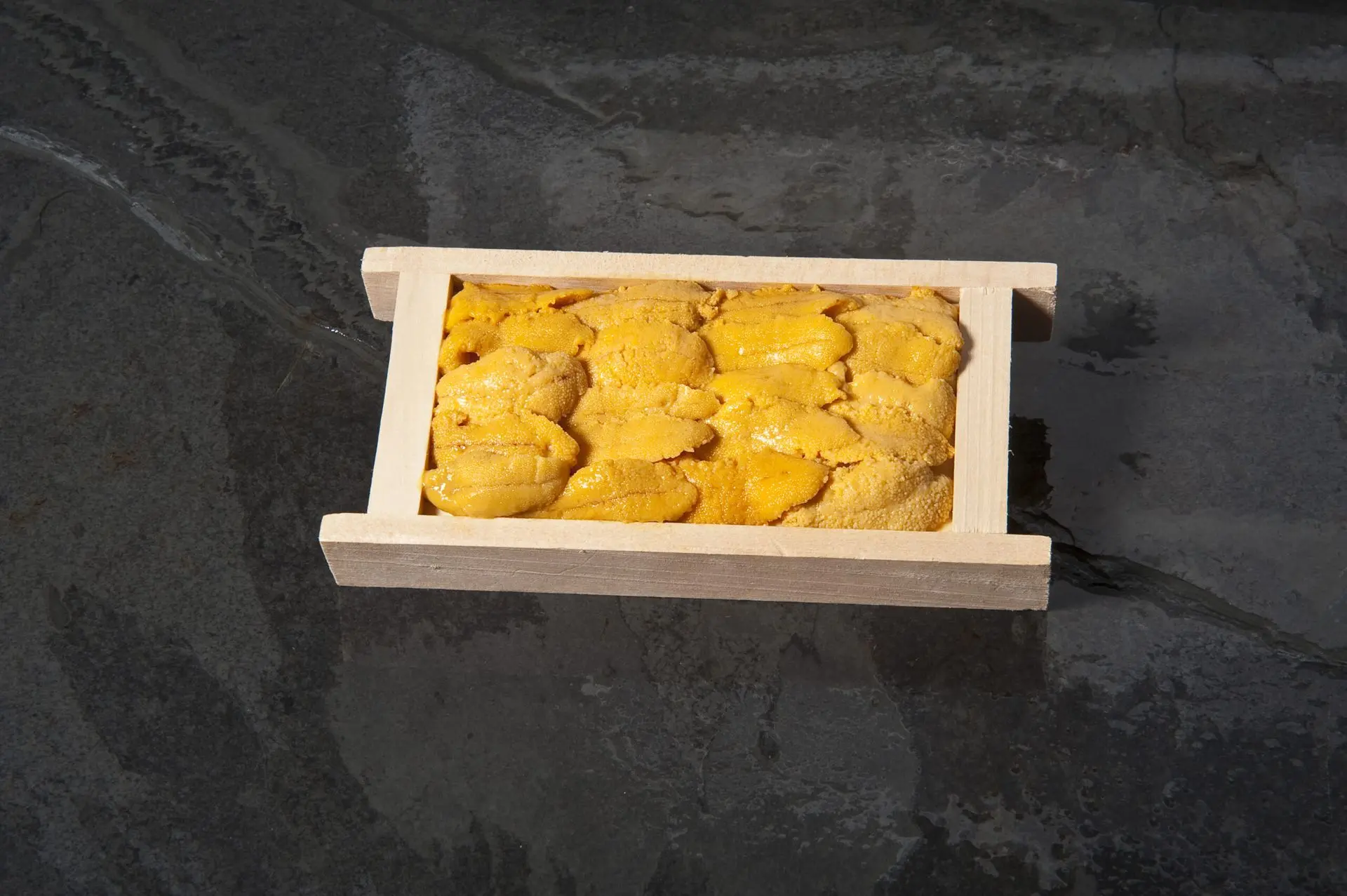
Frozen Sea’s next steps are focused on professionalizing the company, integrating accounting 100% into Odoo, and consolidating operations at the new plant in southern Chile. The goal is for all information, from banks to inventories and manufacturing, to be centralized on the same platform.
In addition, by adding the importing and distribution company, Frozen Sea will be able to take advantage of Odoo’s ability to manage multiple companies independently while connecting them to generate consolidated financial reports.
"What’s next is to integrate everything: current accounts, everything integrated, and have accounting fully managed within Odoo."
The experience of Frozen Sea shows that, regardless of industry or size, making the leap from Excel to a comprehensive ERP can make all the difference in efficiency and growth potential. For companies in food, export, or manufacturing, Odoo offers the flexibility and scalability needed to support business evolution.
